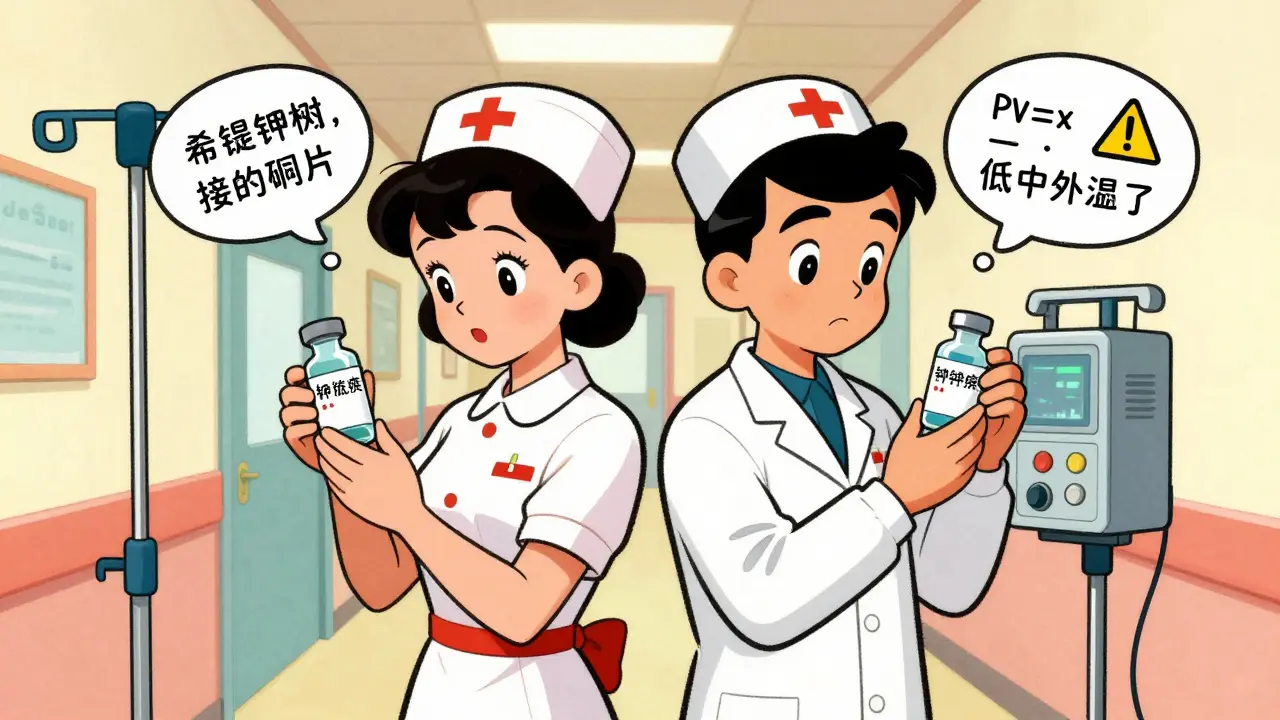Medication Safety: How to Use and Buy Medicines Without Risk
Buying a medicine can be simple — or risky. You can save money or make a harmful mistake in one click. This page gives short, practical rules you can use right now to keep medicines effective and avoid bad sellers, bad mixes, and bad outcomes.
Quick safety checklist for everyday use
Start with the basics every time you get a new drug:
- Read the label and the leaflet. Know the dose, how often to take it, and common side effects.
- Keep a current list of all medicines, including supplements, and show it to every clinician or pharmacist.
- Watch for interactions. For example, some antidepressants or antibiotics can change how other drugs work.
- If you’re pregnant, breastfeeding, or trying to conceive, check safety first. Drugs like lamotrigine need close monitoring during pregnancy.
- Use the exact dose prescribed. Don’t double up if you miss one — ask your provider or follow the leaflet.
- Finish antibiotics like cefaclor unless your doctor tells you otherwise. Stopping early can cause resistance.
Simple actions prevent most problems: set alarms for doses, store meds in original containers, and throw away expired pills. For painkillers like ibuprofen, use the lowest effective dose and talk to your doctor if you have heart or kidney concerns.
Buying medicines online: what really matters
Online pharmacies are convenient, but some are unsafe. Use these red flags to spot trouble:
- No prescription required for prescription-only drugs — walk away.
- Prices that are unrealistically low. If it seems too cheap, it might be fake.
- Poor contact info, no pharmacist available, or no physical address listed.
- Bad website security (no HTTPS) or lots of bad reviews mentioning wrong pills or no delivery.
Good practices when ordering: choose pharmacies with clear licensing, ask for batch numbers and expiry dates, and save receipts. For controlled or specialist drugs (like propranolol for migraines or gabapentin for nerve pain), confirm the site requires a valid prescription and offers pharmacist support.
If you suspect a bad pill, stop taking it and contact your prescriber or local poison center. Report fake or dangerous drugs to regulatory agencies in your country; that helps others stay safe.
Medication safety isn’t fancy — it’s checking labels, keeping a list, using trusted pharmacies, and talking to real health professionals when something feels off. Do those things, and you’ll avoid most common mistakes while still getting the medicines you need.

FDA's New Patient Medication Information Rules: What You Need to Know
- 10 Comments
- Feb, 6 2026
The FDA's proposed Patient Medication Information rule aims to standardize prescription drug labels for all outpatient medications. This change could reduce medication errors that cause over a million injuries yearly. Learn how the new system works and what it means for patients and pharmacies.

Global Medication Safety: How Different Countries Regulate Drugs
- 15 Comments
- Jan, 20 2026
Different countries regulate drugs in vastly different ways-some prioritize speed, others safety. The FDA, EMA, Health Canada, and TGA each have unique rules that affect what medicines you can access and how safe they really are.

How to Identify High-Alert Medications Requiring Double Checks in Clinical Settings
- 13 Comments
- Jan, 18 2026
Learn how to identify high-alert medications that require independent double checks to prevent deadly errors. Understand which drugs are most dangerous, how to perform true double checks, and why overuse weakens safety.


Guide to Ordering Viagra Professional Safely: Dosage, Side Effects, and Interactions
- 15 Comments
- Jan, 12 2024
Navigating the complexities of ordering Viagra Professional can be daunting. This comprehensive guide delves into the critical aspects of Viagra Professional, including its medical uses, potential side effects, interactions with other drugs, and dosing recommendations. Through exploring the pharmacological nuances of the Sildenafil substance and offering practical advice, the article aims to equip readers with the knowledge to use this medication safely and effectively. Learn about responsibly managing your health with Viagra Professional.

Levocetirizine and Lactation: What Nursing Mothers Need to Know
- 5 Comments
- Jul, 31 2023
Alright, all you super moms out there, let's dive into a topic that might have you scratching your head: Levocetirizine and lactation! Now, don't let that big, fancy word scare you off. It's just a common antihistamine, often prescribed for allergies. While it's generally safe, it can pass into breast milk in small amounts. So, if you're a nursing mom, it's definitely something to chat about with your doctor. Stay informed, stay healthy, and keep being the amazing moms you are!




